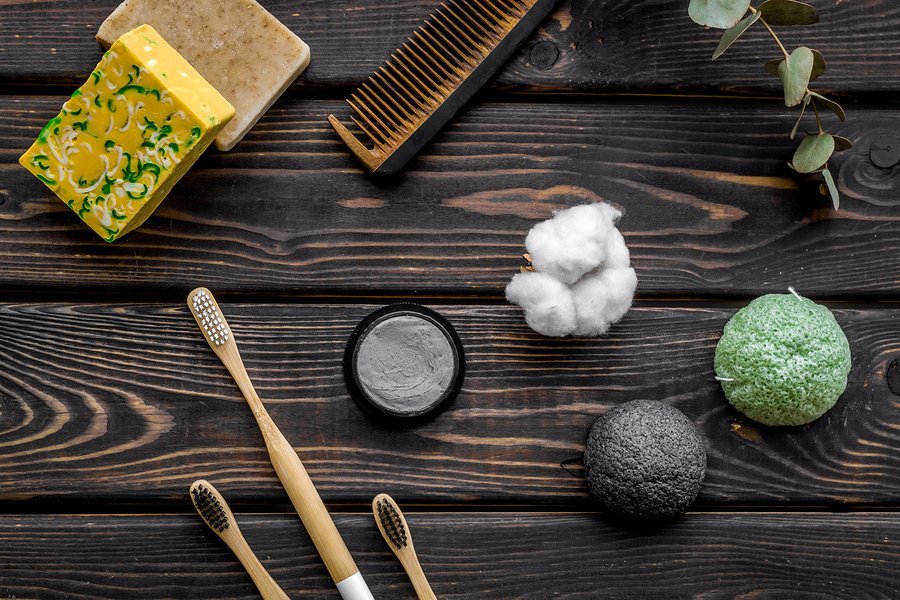Natural toothpaste has become popular among certain people who seek to avoid chemicals and additives that could negatively impact their health. Here’s what you should know about natural and organic toothpaste, along with some advice for keeping your smile healthy and clean.
What Is in Natural Toothpaste?
By definition, natural toothpaste should only include natural ingredients, such as coconut oil or baking soda. Certain natural toothpastes may also include crushed cacao nibs to promote remineralization and bentonite clay, a natural polishing agent which helps reduce oral acidity.
While many over-the-counter toothpaste products claim to be natural or organic, some contain certain ingredients and additives people hope to avoid. This often includes sodium lauryl sulfate, a cleansing agent that helps to form a lather.
Natural vs. Regular Toothpaste
If you look at the ingredients of a typical tube of commercial toothpaste, you will see a laundry list of chemicals, detergents, additives and sweeteners. In an attempt to avoid some or all of these substances, some people either purchase natural toothpastes or attempt to make their own at home. Unfortunately, when they add the wrong ingredients, people can inadvertently damage the enamel on their teeth by introducing acidic or abrasive substances. Likewise, natural toothpastes usually also deprive teeth from fluoride which has been shown to strengthen tooth enamel and reduce the risk of decay.
According to the American Dental Association, brushing twice a day with fluoride toothpaste is fundamental to oral hygiene because it has proven cavity fighting properties. Unfortunately, most natural toothpastes do not contain any fluoride. Much of this is owed to misinformation about the supposed health implications and effectiveness of fluoride as it relates to reducing the risk tooth decay. Despite what you may have read on the internet, however, numerous studies have shown that brushing without fluoride toothpaste can leave teeth more vulnerable to decay.
What Should I Choose?
There are conflicting studies about potential health risks associated with ingredients in certain commercial toothpastes. While more research is needed to draw any conclusive links between specific toothpaste ingredients and long-term health problems; some people hope to sidestep any potential issues by purchasing or making their own toothpaste at home.
Unfortunately, just because something is natural doesn’t mean it’s safe. If you choose to use or make a natural toothpaste, it’s important to thoroughly research the potential effects of any substance included in the formula, whether it’s natural or artificial.
If you aren’t sure if a particular commercial toothpaste is safe or effective, you can talk to your dentist to learn more about each ingredient. If you decide to use natural, fluoride-free toothpaste, it’s important to alert your dentist so he or she can keep a watchful eye for potential dental issues and recommend steps to strengthen your tooth enamel.



 Previous Article
Previous Article